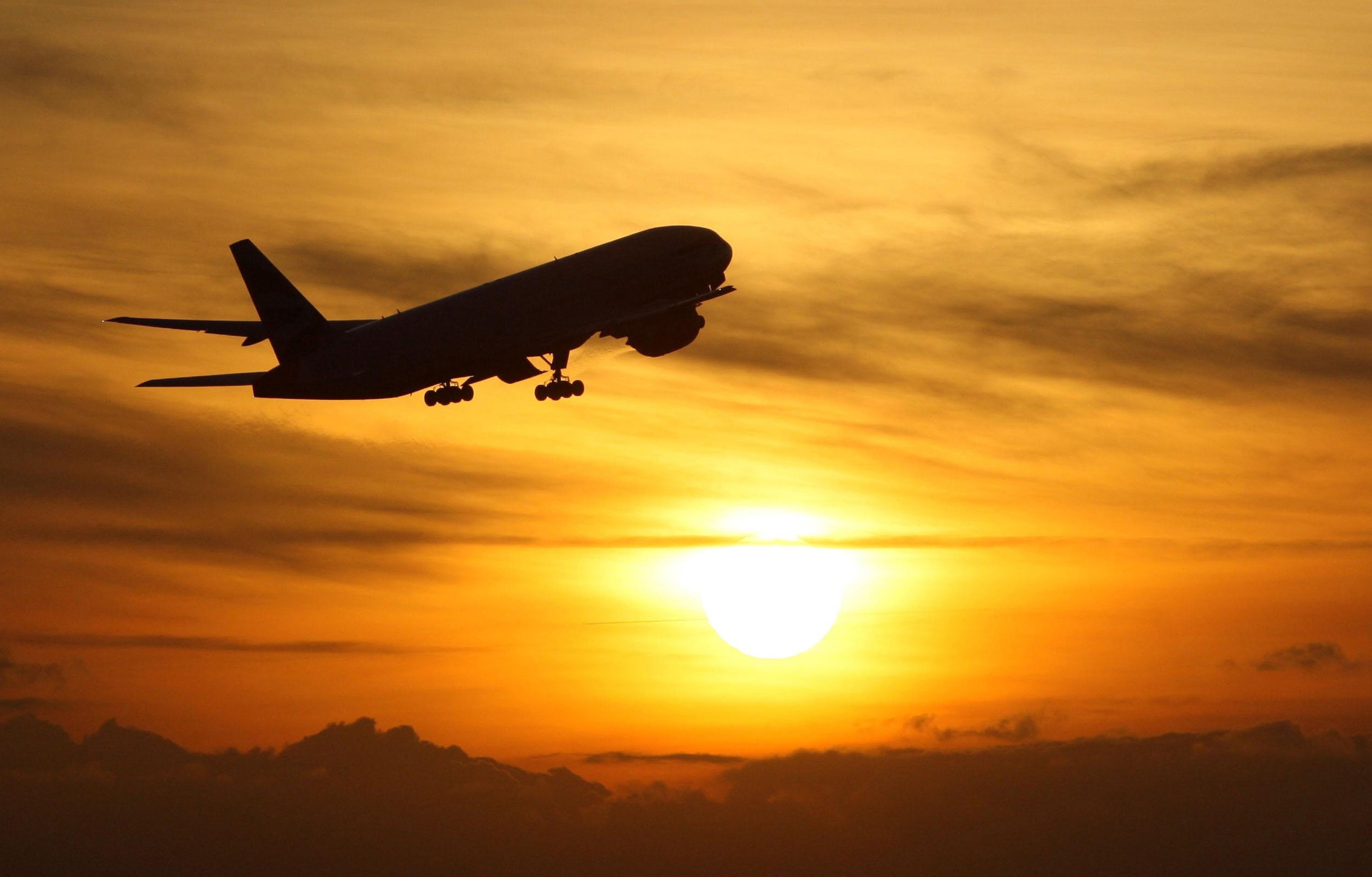Travel bans are ineffective and will not stop omicron, WHO says
Dr Hans Kluge also said masks should be worn in primary schools.

Your support helps us to tell the story
From reproductive rights to climate change to Big Tech, The Independent is on the ground when the story is developing. Whether it's investigating the financials of Elon Musk's pro-Trump PAC or producing our latest documentary, 'The A Word', which shines a light on the American women fighting for reproductive rights, we know how important it is to parse out the facts from the messaging.
At such a critical moment in US history, we need reporters on the ground. Your donation allows us to keep sending journalists to speak to both sides of the story.
The Independent is trusted by Americans across the entire political spectrum. And unlike many other quality news outlets, we choose not to lock Americans out of our reporting and analysis with paywalls. We believe quality journalism should be available to everyone, paid for by those who can afford it.
Your support makes all the difference.Travel bans to control Covid-19 are ineffective and will not stop omicron the World Health Organisation (WHO) has reiterated, as it urged countries to stick to tried and tested methods.
As the new variant spreads globally, with evidence suggesting it transmits faster than the Delta variant, WHO said vaccines and mask-wearing would help control its advance.
Scientists are looking at whether omicron causes more severe disease and whether the current crop of jabs will work against it.
Disease outbreaks are contained at their source, not at their borders
Many experts believe that although Omicron will cause a wave of infection, vaccines should still by and large hold out against severe disease and death.
Speaking to reporters, Dr Hans Kluge WHO’s regional director for Europe, said that bans on flights did not work and were too late “because Omicron is already everywhere”.
Dr Catherine Smallwood, the senior emergency officer at the WHO Regional Office for Europe, said 43 countries in the European region had imposed travel restrictions because of Omicron.
“Disease outbreaks are contained at their source, not at their borders,” she told the press briefing.
“And travel bans, though they may be easily accessible in terms of political decision-making, they are not effective in preventing spread of disease. They really are not effective.”
She said bans on flights and other restrictions were “unfair” and had economic consequences “but most of all they’re not effective”.
Turning to vaccines, Dr Kluge said “at least 470,000 lives were directly saved through Covid vaccination” between December 2020 and this month, although it was also suggested this could be a vast underestimate.
“It has yet to be seen how and whether the latest Covid-19 variant of concern, Omicron, will be more transmissible and more severe,” he added.
Dr Kluge said the evidence so far on Omicron was preliminary and there was no definitive evidence on how well vaccines would protect people.
He said there were “five pandemic stabilisers to keep mortality down” which are increasing vaccination rates; administering boosters to the most vulnerable; doubling mask-wearing rates indoors; ventilating crowded spaces; and adopting “rigorous therapeutic protocols for severe cases”.
He said there was also a need to avoid both school closures and home learning.
Vaccination of younger children not only reduces their role in Covid-19 transmission but also protects them from paediatric severity, whether associated with long Covid or multi-system inflammatory syndromes
However, Dr Kluge warned that, as school holidays approach, “we must acknowledge that children contaminate their parents and grandparents at home, with a 10-times increased risk for these adults to develop severe disease, be hospitalised or die when non-vaccinated.”
He said the use of masks, ventilation and regular testing should be standard in all primary schools.
“The use of masks and ventilation, and regular testing, should be a standard at all primary schools and vaccinating children should be discussed and considered nationally, as part of school protection measures.
“Vaccination of younger children not only reduces their role in Covid-19 transmission but also protects them from paediatric severity, whether associated with long Covid or multi-system inflammatory syndromes.”
Dr Kluge also said vaccines should only be mandated at a population level as a “last resort”, adding that whatever measures countries are taking against Delta will also provide benefit against Omicron.
Asked about Omicron, Dr Smallwood said there will be further spread of the variant.
She said Delta was dominant at the moment but that might change, adding: “Clearly Omicron has demonstrated an ability to spread rapidly within a Delta context and within our highly vaccinated context, particularly in gatherings where Covid-19 likes to spread anyway, so Christmas parties, workplace gatherings, conferences, we’ve seen these clusters of Omicron appear in countries across the region.
“So there will be further spread. The extent and the rapidity of the speed of that spread is still a question and we’ll find out in a few more weeks.”
She added that “we need to respond to all Covid variants, not just one at a time” as she urged countries to keep up their guard against Delta.


